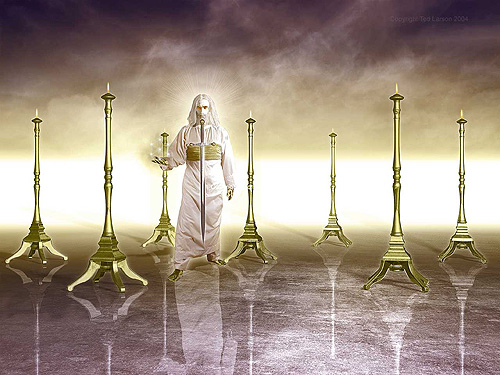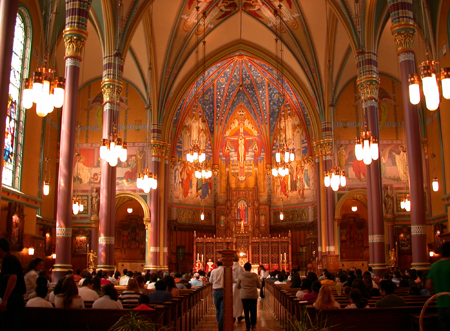Charlie Johnston’s Farewell

 You may recall at the beginning of last year, I wrote an article about a man named Charlie Johnston, a Catholic layman who claimed to have been visited by Jesus, as well as by a number of Saints and angels.
You may recall at the beginning of last year, I wrote an article about a man named Charlie Johnston, a Catholic layman who claimed to have been visited by Jesus, as well as by a number of Saints and angels.
As a result of these visitations, Charlie warned people of a coming “storm”, a series of catastrophic and calamitous events which he said would befall humanity. While he wasn’t predicting the end of the world, his descriptions of economic collapse and widespread war certainly carried with them an apocalyptic character. Although he said that it would be a very dark time, Charlie promised that the Immaculate Heart of Mary would ultimately triumph and this victory would usher in a period of unity and peace.
At the time I wrote that earlier post, Charlie had already been on my radar for some time. Although I had reservations concerning his teachings, I was rather impressed with the way he seemed to be operating. He was obedient to his Bishop and was also under spiritual direction. Despite the content of much of his message, he ultimately presented it as one of hope. Finally, there was nothing to suggest that he was attempting to profit from his message in any way. As a result, despite my skepticism regarding his predictions, I defended Charlie against those who immediately dismissed him as “crazy”, or who called him “a charlatan” or “liar”.
Having said that, I was becoming increasingly concerned. Quite a few of my friends had enthusiastically embraced Charlie’s message and I started to worry about the effect of his teachings upon them. When one of my friends cancelled an out-of-state trip for fear that it might coincide with Charlie’s “storm”, I decided that it was time to speak openly about my concerns…


